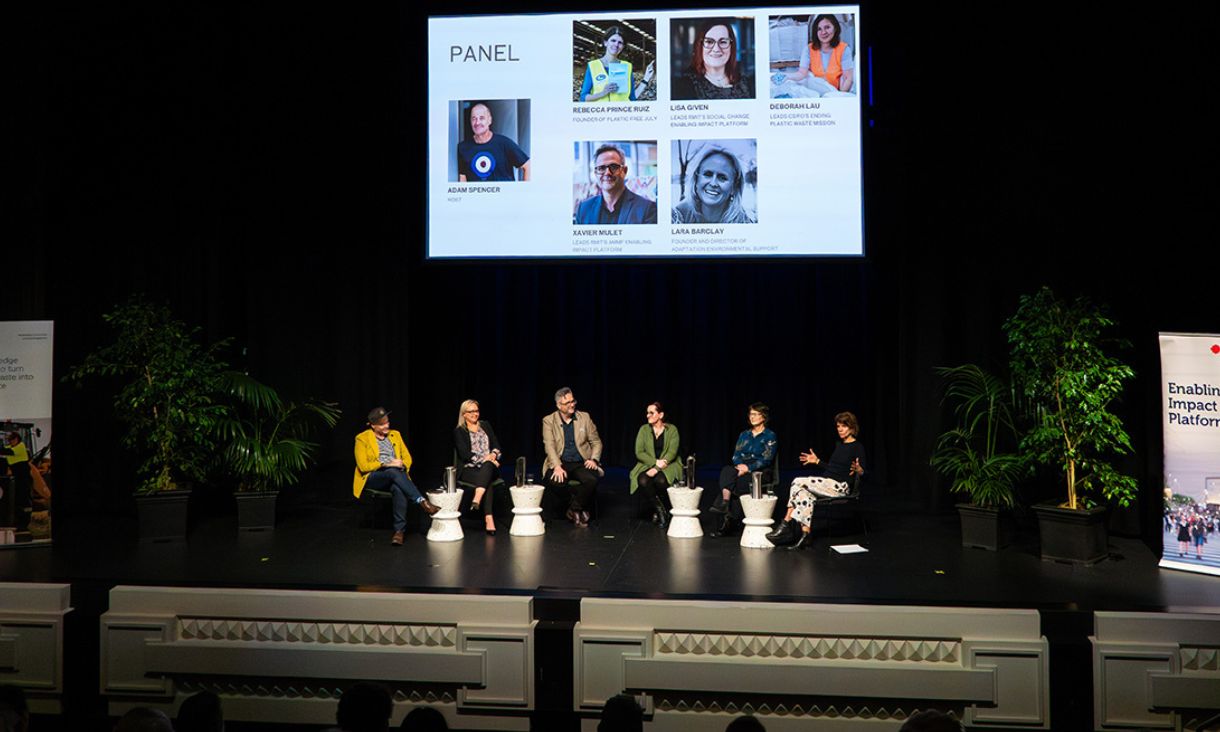Dr Monica Barratt, a drugs policy researcher at RMIT, recommended the introduction of drug checking service in Victoria in 2021 as part of evidence provided to the Coroner. She is available to comment on how drug checking can prevent these types of deaths.
Topics: drug overdose, drug-related death, MDMA, Coroner of Victoria report, Victoria
Dr Monica Barratt, VC Senior Research Fellow
“The Victorian Coroner has, for the fourth time, recommended the introduction of drug checking services in Victoria to help prevent deaths like this one from occurring in the future.
“The ACT has now had a drug checking service, called CanTEST, for over 12 months. CanTEST can provide quantification for dosages of MDMA tablets and powder on-site.
“This kind of information can help identify batches of MDMA that are unusually high-dose, and warnings can be issued to help notify the community to reduce their normal dosage if these tablets are encountered.
“In Victoria, we are lagging behind other jurisdictions in Australia and missing an opportunity to get almost real-time information on changing drug markets.
“Canberra and our near neighbours, New Zealand, have successful drug checking services, and Queensland has announced it will support and fund drug checking in the near future.
“In Victoria, we find out about local drug trends after the harms have occurred: through analysis of overdose presentations at hospitals, at the morgue or through police seizures.
“These sources of information are often delayed by weeks or months, which means this information is being made public long after they have been circulating. These delays present missed opportunities to prevent overdose.
“In contrast, drug checking services can identify substitutions and adulterations, or unusually high dose or high purity substances, within hours, and can provide that information to community members before preventable harm has occurred.
“Drug checking is a precautionary and pragmatic response to the health risks of unpredictable drug markets, often before hazardous substances flood the local market.
“Drug checking services never tell someone that drugs are safe, they do the opposite. They remind people how unpredictable drug markets can be.
“If we can prevent overdoses from happening in the first place, then we can not only reduce harms for consumers and avoid the pain felt by bereaved family members, but also ease the pressures on our emergency health system for all Victorians.”
Dr Monica Barratt is a Vice-Chancellor's Senior Research Fellow in the Social Equity Research Centre and Digital Ethnography Research Centre at RMIT University. She has over 20 years' experience in health and social research in the areas of drug harm reduction and policy reform, with a specific focus on digital technologies, drug market dynamics and drug monitoring systems.
Media enquiries: RMIT External Affairs and Media, 0439 704 077 or news@rmit.edu.au




